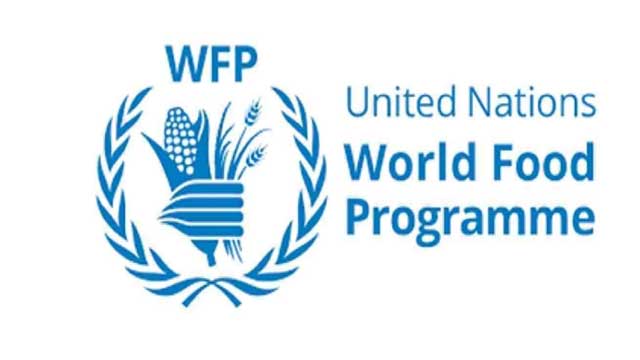The UN World Food Programme (WFP) has said that a historic fund shortage was forcing it to “drastically” cut rations in most of its operations, possibly pushing an additional 24 million people to the brink of starvation over the next 12 months.
Cuts have already been felt across many of the 79 WFP operations globally including Bangladesh, Afghanistan, Democratic Republic of Congo (DRC), Haiti, Jordan, Palestine, South Sudan, Somalia and Syria, it said.
Due to a series of consecutive rations cuts, the UN agency will only be able to support three million people per month across the country from October, it added.
As contributions dropped but needs rise, the UN agency said “massive reductions” have already been implemented in almost half of its operations.
With a funding gap of over 60 per cent, WFP’s chief economist Arif Husain said the organization had “never seen this type of shortfall” in its 60-year history.
The latest analysis from the agency shows every one per cent cut in food assistance pushes 400,000 people into emergency hunger.
The lack of funding comes at a time of massive jump in needs which started with the COVID-19 pandemic and compounded by the war in Ukraine.
Some 345 million people in the world already face acute food insecurity; this includes 40 million suffering emergency levels of hunger and at risk of dying from malnutrition. This number has doubled since 2020.
“With the number of people around the world facing starvation at record levels, we need to be scaling up life-saving assistance – not cutting it,” said WFP Executive Director Cindy McCain.
This year, 10 million people have lost support from the agency across Afghanistan – whilst more than one-third of the population still go to bed hungry every night.
Explaining the reasons for such a drastic drop in resources, the WFP said funding from traditional donors is insufficient.
With a 41 per cent drop in funding, donor fatigue and spending on the COVID-19 pandemic are also contributing factors.
According to Husain, matters are made worse as lower-income buckle under the burden of record high levels of debt, resulting in an inability to purchase essential food.
He underscored the need to broaden WFP’s donor base and to address the root causes of the rise in global hunger, such as the impact of conflict, insecurity and climate change.
“If we don’t address the root causes why should the situation change,” he emphasised.
Last year, the UN agency reached a record number of 160 million people, stabilising many situations of hunger and famine globally. This was with 41 per cent more funding than is currently available for this year.





